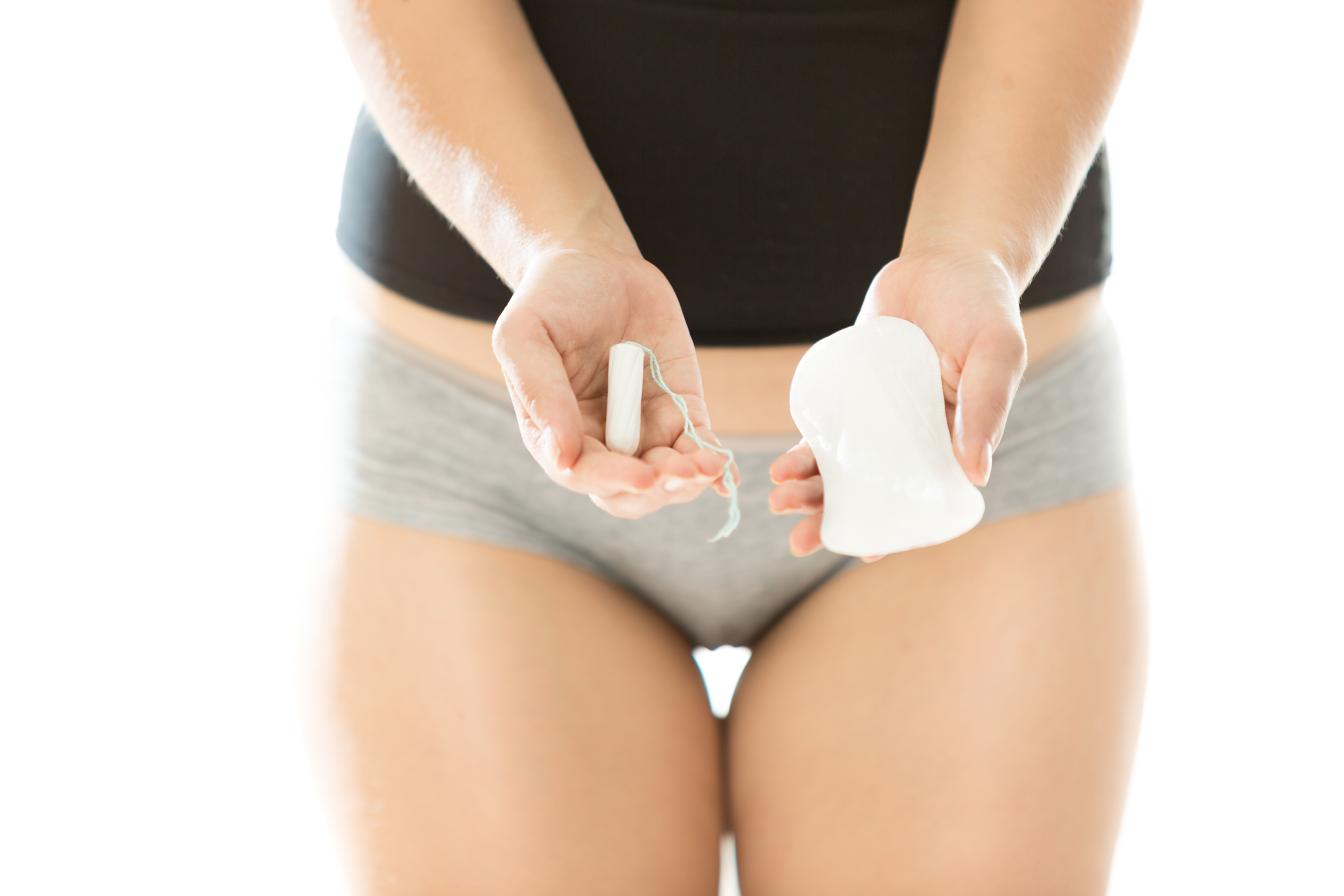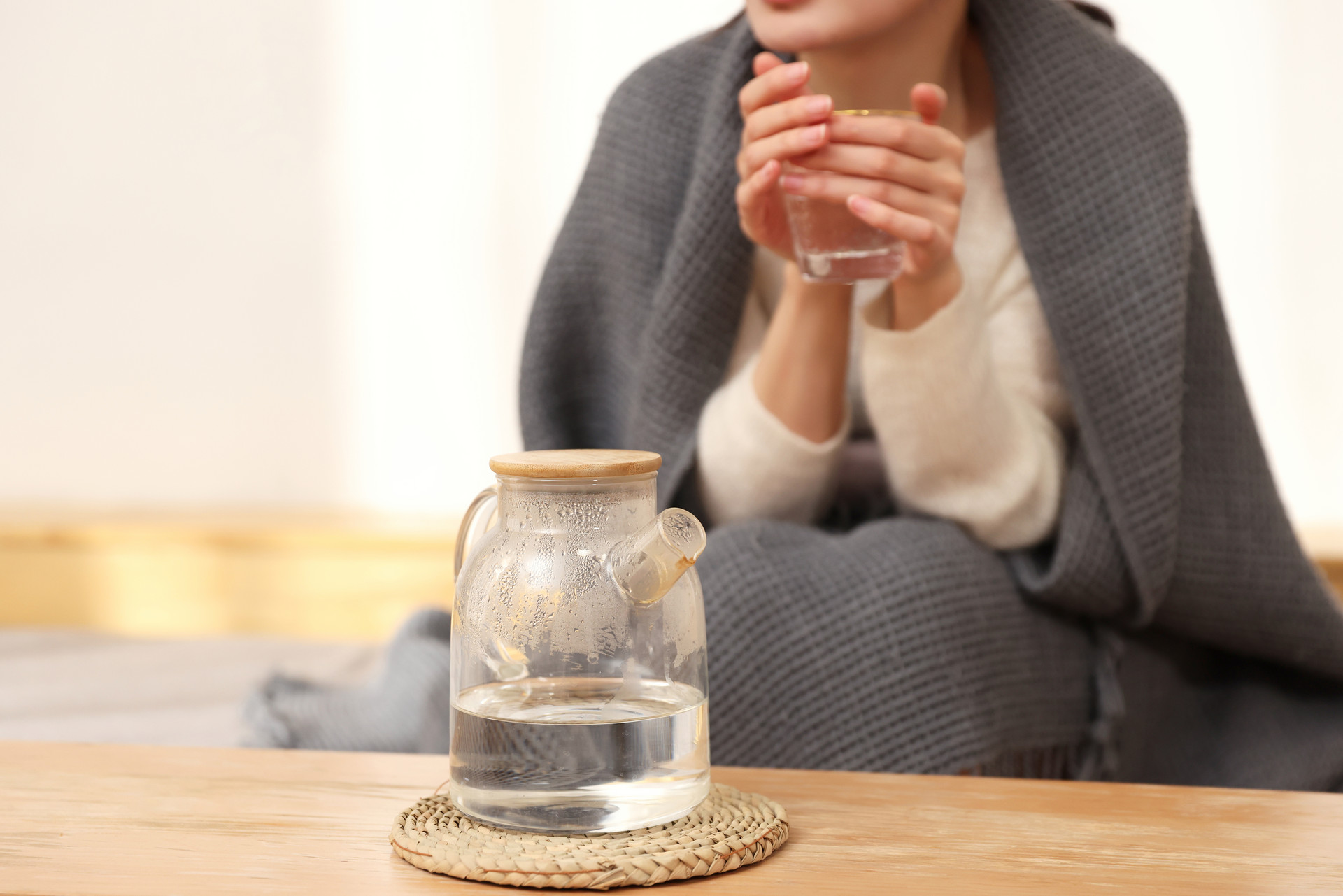
When it comes to rheumatoid arthritis (RA), we are all familiar with it. One characteristic of RA is its preference for women, especially women in menopause.
RA is a common systemic autoimmune disease characterized by erosive arthritis. In the late stage, it can cause joint deformities and greatly affect the patient's life and work ability. The pathogenesis is currently unclear, but it belongs to the category of "Bi Syndrome" in traditional Chinese medicine. Deficiency of the body's positive energy, liver and kidney deficiency, invasion of wind, cold, dampness, and heat evils taking advantage of the weakness, resulting in malnutrition of tendons and bones, poor circulation of qi and blood, and stagnation of blood in meridians and joints, which easily leads to the occurrence of this disease. The incidence rate of women in China is higher than that of men, with a male-to-female ratio of 1:4, especially in menopausal women, whose incidence rate is significantly higher than that of men of the same age.
Why are women more prone to RA?
Related to female physiological characteristics
Compared with men, women need to bear offspring and generally go through several special physiological processes, such as menstruation, ovulation, pregnancy, and childbirth. These processes can cause changes in women's body functions and hormone levels. Studies have shown that estrogen may promote the occurrence of RA, while progesterone may slow down the progression of RA. These sex hormones cause changes in the disease through immune effects, resulting in a higher incidence rate in women than in men.
In traditional Chinese medicine, women have a yin and soft body, with yin deficiency as the foundation. Improper care during menstruation, pregnancy, childbirth, and breastfeeding can easily lead to deficiency of yin and blood. Since essence and blood come from the same source, liver blood deficiency and kidney essence insufficiency are prone to occur during these physiological processes. In particular, induced abortion, multiple births, and miscarriage can easily deplete kidney qi and kidney essence, making it more likely to develop this disease.
Women are more susceptible to cold
Feeling the invasion of wind, cold, and dampness is an important cause of RA. Most women who love beauty like to expose their knees, ankles, navels, and wear sandals, making them more susceptible to external evils and causing this disease more easily than men.
In addition, for housewives, they often need to wash dishes and do laundry, which exposes them to cold water more frequently, making them more prone to joint diseases caused by coldness.
Related to emotions and life stress
In addition to normal work, women also have to take on more household work. In traditional Chinese medicine, women are prone to liver qi stagnation, blood deficiency, liver blood deficiency, and liver qi imbalance. These conditions can aggravate or recur the disease.
Menopausal women experience decline in reproductive function and decrease in hormone levels, leading to a certain degree of immune system disorder, which can easily induce RA.
Traditional Chinese medicine believes that both RA and menopause are closely related to liver and kidney deficiency. When the organs and meridians are malnourished and qi and blood are not nourished in tendons and bones, the incidence rate of this disease is higher during menopause when liver and kidney deficiency is more common.
How to protect oneself in daily life
Pay attention to keeping warm
Always pay attention to keeping warm and avoid eating too cold foods. Rest properly and avoid excessive physical and mental fatigue. Women's bodies become weaker after childbirth, so extra care is needed during the postpartum confinement period.
Avoid invasion of wind, cold, and dampness
Avoid living or working in excessively humid environments and avoid prolonged exposure to air conditioning. Do not sit or lie in drafty areas. In cold weather, soak your feet or apply heat to the affected joints appropriately.
Maintain regular routines
For women with the disease, irregular routines, such as excessive fatigue and frequent late nights, can cause fluctuations in the condition. It is important to develop regular routines, go to bed and wake up early, maintain a positive mood, and reduce labor intensity and working hours within an acceptable range to maintain the stability of the condition.
Pay attention to diet
One should eat high-protein, high-calorie, and easily digestible foods, and avoid spicy and stimulating foods, as well as raw, cold, and greasy foods. Menopausal women can consume soups made from Chinese yam, wolfberry, eucommia bark, and mulberry parasitic plants to strengthen kidney and nourish yin and blood.
Exercise regularly
Moderate exercise can strengthen tendons and bones, improve the body's immune system, and enhance the ability to resist rheumatism.
Early detection, early diagnosis, early treatment
If there are symptoms such as joint pain in the limbs, it is necessary to seek medical treatment promptly to avoid delaying the condition.




